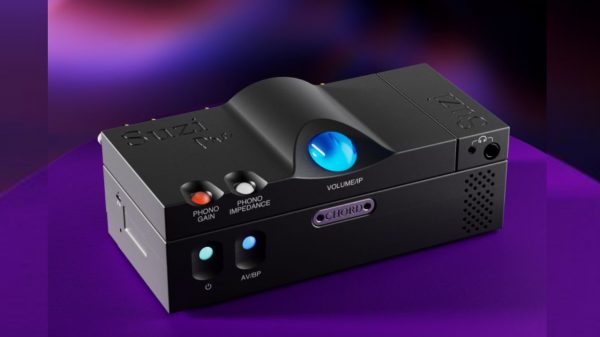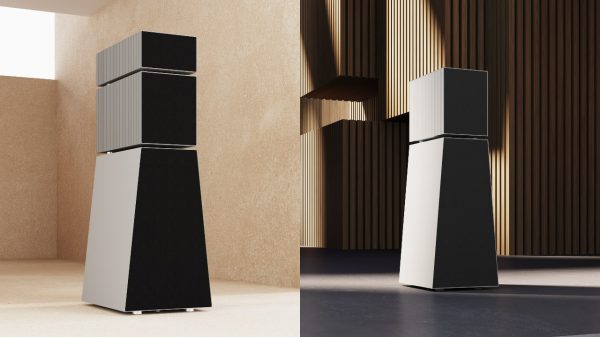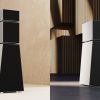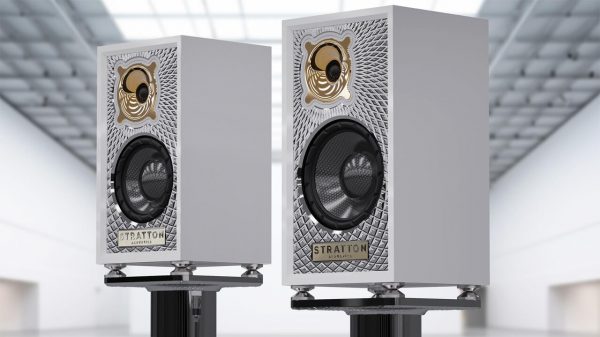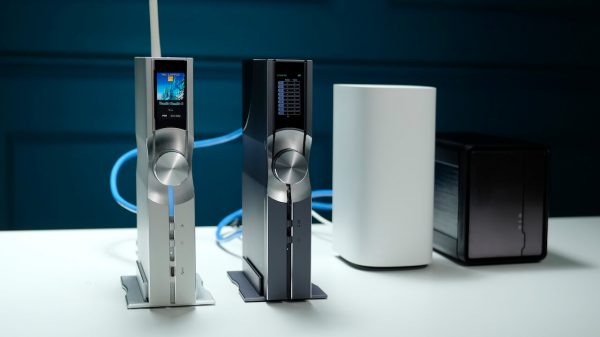CEA and CEDIA Standards Committee Create Comprehensive Bulletin for Home Theater Audio Design
The Consumer Electronics Association (CEA) and the Custom Electronic Design and Installation Association (CEDIA)’s R10 Residential Systems committee today announced it has approved CEA/CEDIA-CEB22: Home Theater Recommended Practice: Audio Design Bulletin. This new guide provides a baseline for the design and installation of residential spaces to be used for high-performance home theater or multi-channel music playback. While the focus of these two applications is home theater audio design, many of the practices are applicable to multi-purpose, two-channel and other acoustic spaces. Following this bulletin will allow Electronic Systems Contractors (ESCs) to deliver full performance for the equipment and the room allowing consumers to enjoy the best possible listening experience.
“The work of this new joint committee facilitates growth and interconnectivity in the home systems market, resulting in unmatched quality and value for the consumer,” said Brian Markwalter, CEA vice president of Technology and Standards. “This new bulletin is an important addition to CEA’s Technology and Standards program, providing value and guidance to the ESC industry.”
“CEB 22 is a model recommended practice enabling ESCs to design a home theater for maximum performance. This document is the first in a series of bulletins regarding high-performance home theater design,” said Dave Pedigo, CEDIA senior director of technology. “The creation of these documents will ultimately foster better theater design throughout the industry while easing the burden of ESCs to prepare for certification exams.”
The R10 Residential Committee is co-chaired by Walt Zerbe, product manager, audio/video, Russound, and Mario Leone, senior partner, Electronic Solutions Company. Participation in CEA Standards activities is open to companies and organizations with direct and material interest. CEA membership is not required to participate. To join a committee, please complete the form found at www.CE.org/Standards/1447.asp. For more information about the R10 Residential Committee, please contact Catrina Akers at cakers@ce.org.
CEA leads technology manufacturers in fostering CE industry growth by developing industry standards and technical specifications that enable new products to come to market and encourage interoperability with existing devices. CEA maintains an unmatched reputation as a credible and flexible standards making body and has earned ANSI accreditation. Through more than 70 committees, subcommittees, and working groups, the CEA Technology and Standards program provides a unique and efficient forum where technical professionals throughout the industry develop a unified technology roadmap and address technical issues critical to CE industry growth. Are you part of the process? For information about CEA Technology and Standards, visit www.CE.org/standards.
About CEDIA:
CEDIA is an international trade association of companies that specialize in designing and installing electronic systems for the home. The association was founded in September 1989 and has more than 3,500 member companies worldwide. CEDIA Members are established and insured businesses with bona fide qualifications and experience in this specialized field. For more information on CEDIA, visit the association’s website at www.cedia.org.
About CEA:
The Consumer Electronics Association (CEA) is the preeminent trade association promoting growth in the $172 billion U.S. consumer electronics industry. More than 2,200 companies enjoy the benefits of CEA membership, including legislative advocacy, market research, technical training and education, industry promotion and the fostering of business and strategic relationships. CEA also sponsors and manages the International CES — Where Entertainment, Technology and Business Converge. All profits from CES are reinvested into CEA’s industry services. Find CEA online at www.CE.org.

